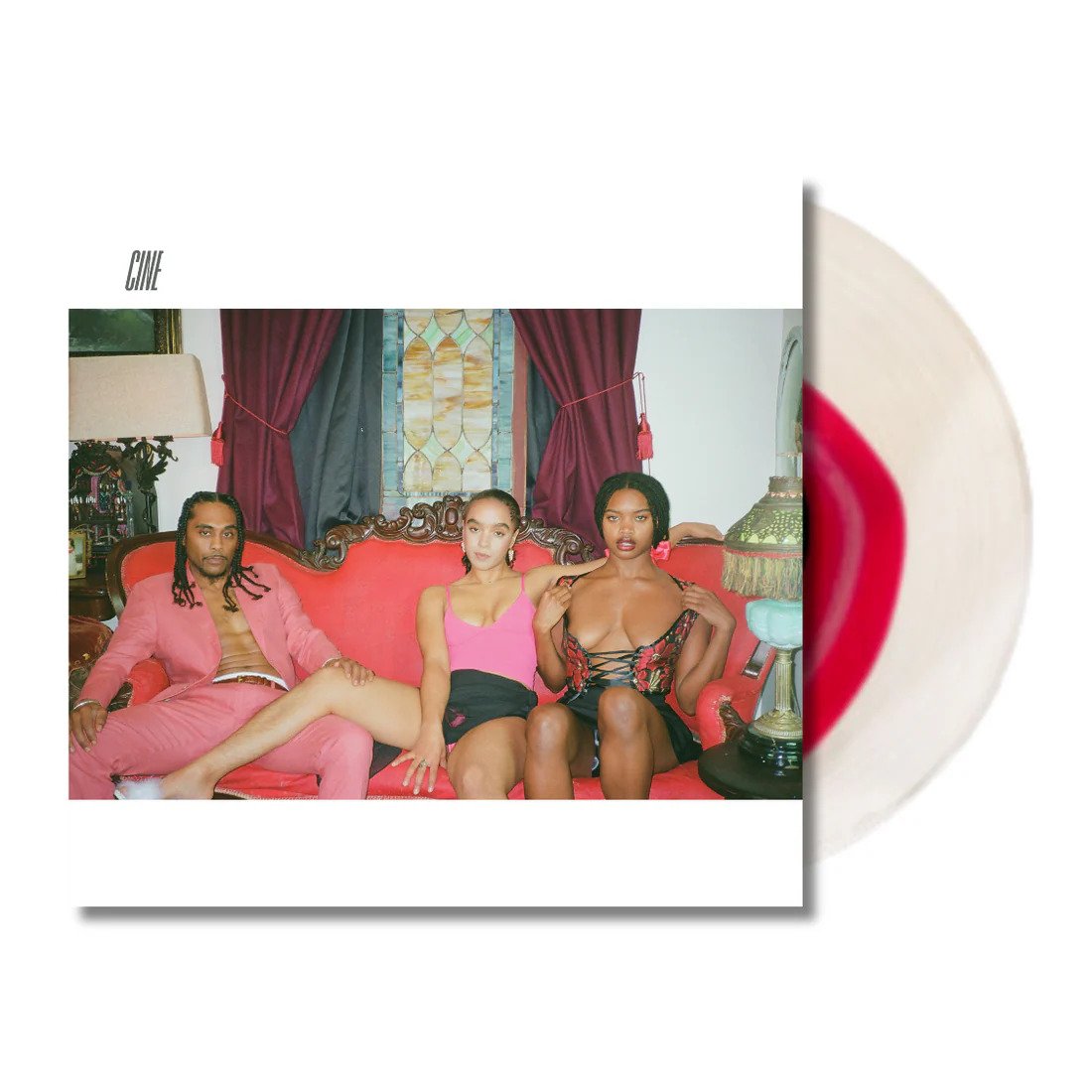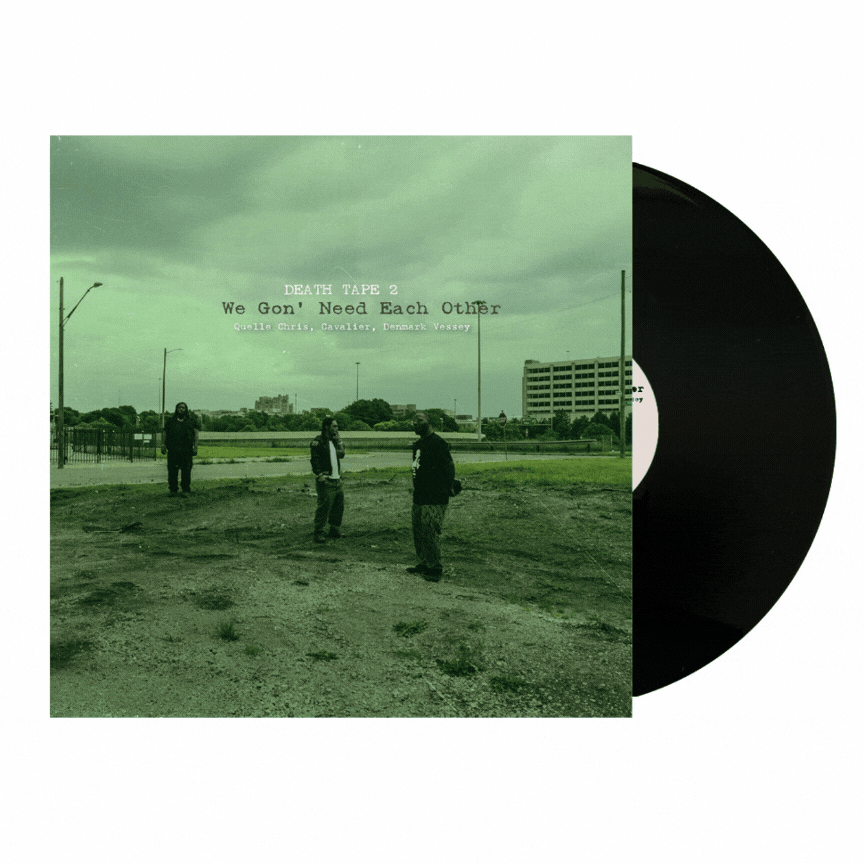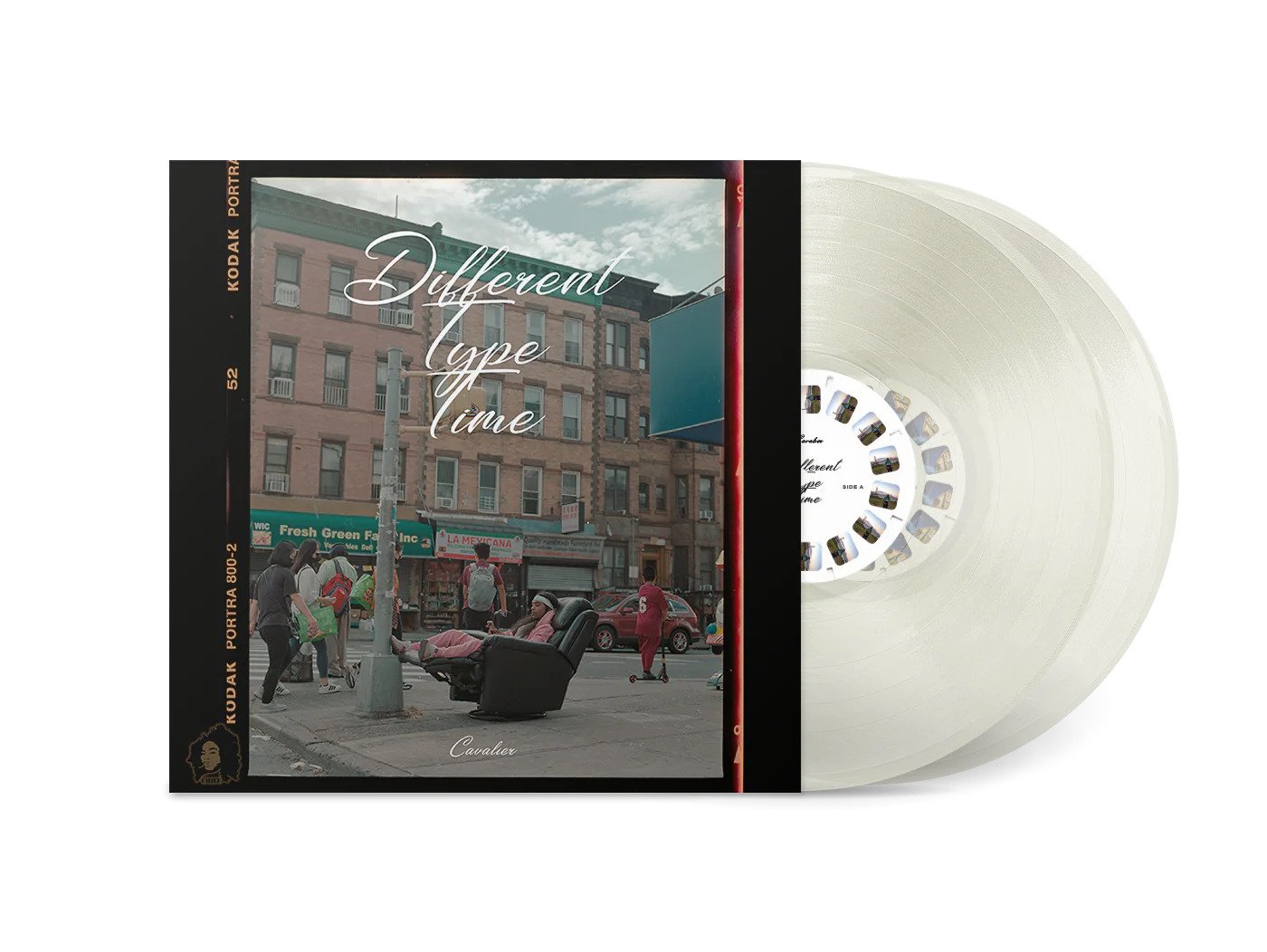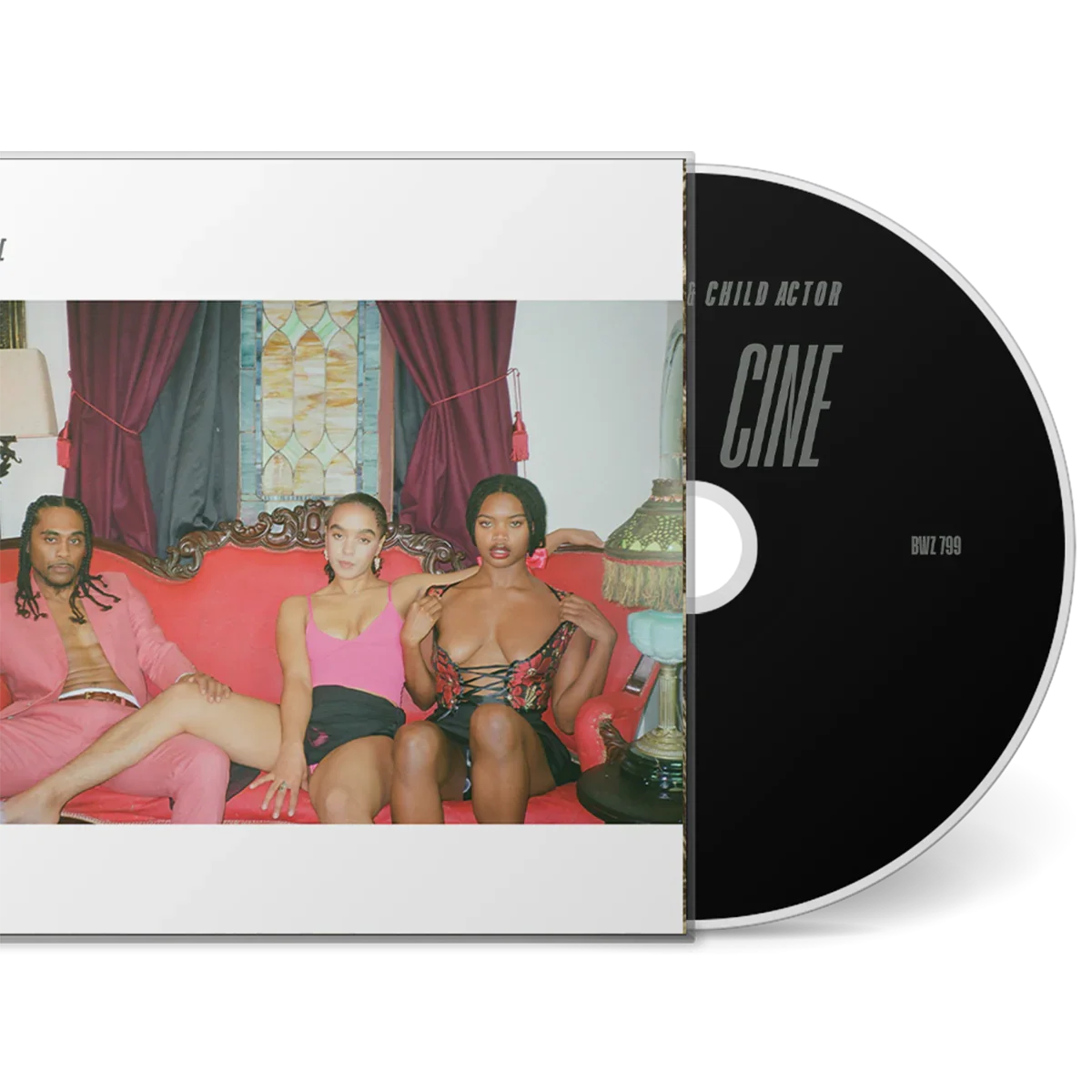And God said: From Jay-Z to Fani Willis and How The Words of Black Folk Shape Our World
Nearly a dozen times in the Judeo/Christian creation story accounted for in the book of Genesis the phrase “And God said” is used to illustrate the power of the word. Simply put, God spoke and it came to be. Fast forward and we exist in a future where words, endless words, are used to program, advertise, dictate and affirm every facet of our world. Amidst this ocean of human output I dare pose that no art form, no genre or medium is as scrutinized and polarizing as Hip-Hop music. The sui generis structure and approach to this art form hinges its success, or failure, on the power of the word, both written and uttered. This last week of August grammy winning record producer, DJ Khaled released “God Did” featuring verses from undisputed Hip-Hop gods Lil Wayne and Jay-Z. In the fanfare and fervor of the rollout came reactions and breakdowns that meticulously decoded the stanzas from both artists.
The power of the word in this form has been harnessed both to elevate an oppressed people and also to fuel the capitalist systems that oppress them. Birthed from the American Third World, it is arguable that Hip-Hop has been a tool for Black and Brown, men particularly but not exclusively, to convey interpretation of the elusive American Dream, document environs of the ignored and ultimately to profess their value. In a society that repeatedly and historically highlights the value of dead Black men, Hip-Hop becomes solace and salvation.
“Survey saying I aint escaping unscathed
Serving your life or serving for murdering your own chains /
Cliche they say for Black men to say they’re kings
But on replay they blast every way they think they we aint”
Within the same week of the DJ Khaled drop, headlines were made as Georgia District Attorney Fani Willis announced that rap lyrics will continue to be used to prosecute criminal cases. Earlier this year, Willis indicted Grammy winning Atlanta-based rapper Young Thug on over 50 counts of gang-related crimes under Georgia's RICO statute amongst other charges. Jay-Z and Fani Willis are peers, at least in age and demographic.
As a Hip-Hop artist I wondered if any precedent had been similarly set where the subject matter of the art, particularly lyrical content, was the subject of persecution to the point of jail time. A flurry of memories came to mind, a Christopher Nolan-esque pastiche of moments from Rev. Calvin Butts organized protests to 2 Live Crew on Donahue to even the censoring of the word “gun” from the video version of Nas’ “Got Ur Self a…” song; a song about his triumph over his environment containing a sample of a sung refrain from the Alabama 3’s “Woke Up This Morning. The Alabama 3 song was made famous for its use in the intro of the mafia crime drama, The Sopranos where it is uncensored.
Writer/journalist and friend, Andrew Charles Ricketts penned a great breakdown of Jay-Z and Lil Wayne’s contributions to the DJ Khaled “God Did” that led to a vlog further delving on the topic as twitter spaces, where Jay-Z spoke, rattled with debate on if Hov’s current self is no longer relatable, or even out of touch via his self proclaimed billionaire’s perspective. Other would be think-piece authors waxed poetic on Jay’s message in the framework of Capitalism. In their eyes the poetry in question is rife with self aggrandizement of his access through wealth and the glorified transmutation of his drug dealing past. To be honest I loved every minute of it, but the elephant in the room is always how society perceives the author and the artist.
If it is a matter of taste or morality debates would be unending on whether Ozzy Osbourne biting the head off of a bat live is more sacrilege than Luke rapping live about fellatio. Or for that matter if NWA’s “Fuck The Police” is more violent than say… the lyrics in full to the Star Spangled Banner, but I see no folk singers or rock stars having to avoid sentencing. The true irony to me is I’ve wondered does White America truly understand Hip-Hop? Here we have an art form that is so codified and often niche yet so relatable worldwide all stemming from the voices and pens of those deemed uneducated… not valuable. Yet as the economy has constantly shown, its capital value is clearly understood. Before I could lean too hard on whether these Black words spoke were actually comprehended, in steps MSNBC attorney and journalist Ari Melber, with an extensive special report on America’s failed Drug War using Jay-Z’s verse as primary source.
Context of Jay-Z’s verse, for me, catapults it past the discussion of lyrical technique and an artist’s relevancy to more a discussion on the artist’s role in sparking necessary dialogue and showing society itself. At this stage in his career, and after multiple “retirements” Jay could choose to lean on his laurels of successes that are no longer hyperbole but indeed realized. Context forces us to define what “revolution” actually looks like and how we all both serve and surrender to capitalism. Even still the paradox plays out again where these words, these Black words, are meritable to punish and still too ethereal to grasp as social critique, even when direct or expertly delivered.





